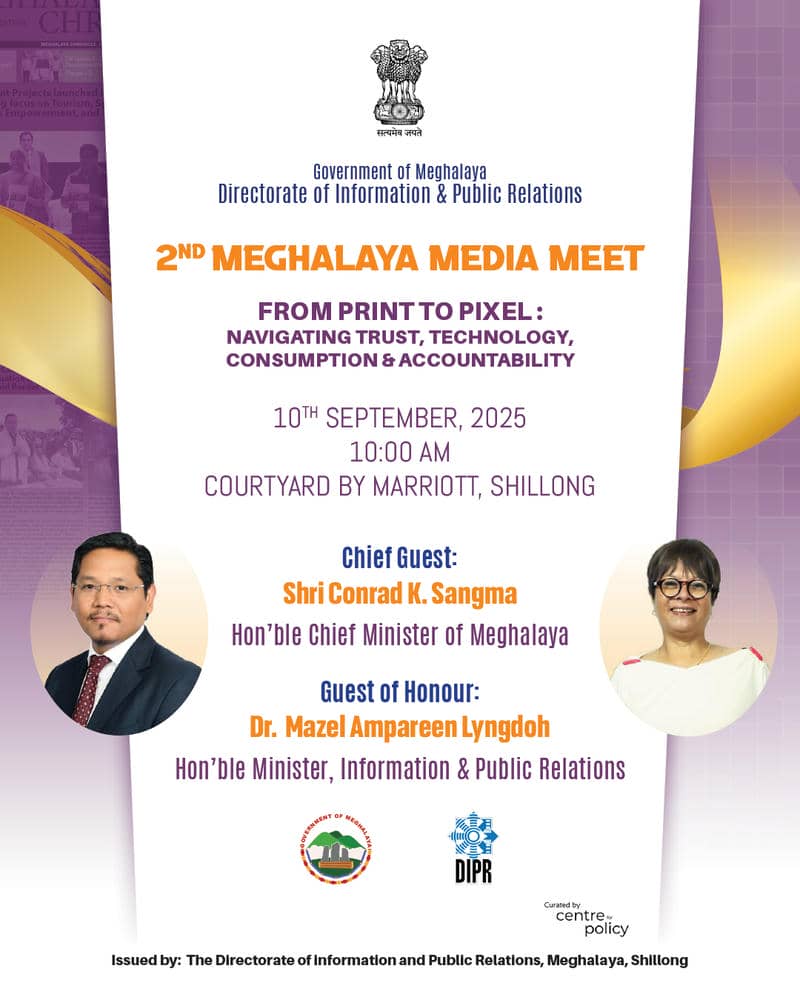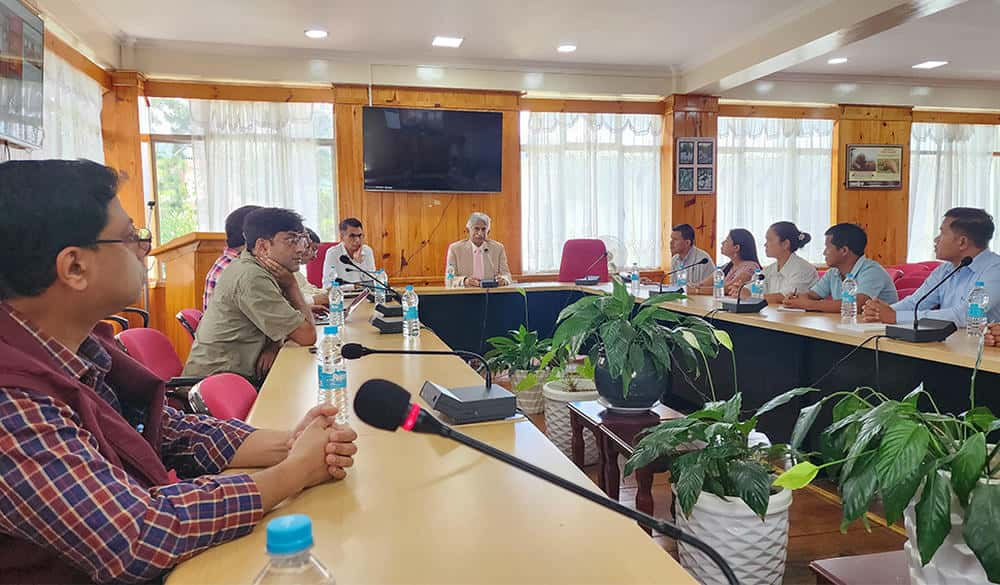Snakes in the city: Shillong workshop rallies experts to tackle rising human-snake encounters

Amid increasing incidents of human-snake conflict driven by floods, habitat loss, and climate change, a state-level consultation workshop was held on July 4 in Shillong to develop a coordinated response. The meeting, organised at the Conference Hall of Sylvan House, brought together multiple departments, research institutions, and conservation organisations to strengthen inter-agency coordination and recommend actionable solutions.
The workshop was jointly convened by the Forest and Environment Department, Meghalaya; Help Earth; and the Madras Crocodile Bank Trust, with support from the University of Reading. Representatives from the Planning Department, Health Department, State Disaster Management Authority, Zoological Survey of India, Meghalaya Biodiversity Board, Assam Don Bosco University, and the Directorate of Health Services participated in the discussions.
Presiding over the session was H.C. Choudhary, Principal Chief Conservator of Forests (Wildlife, Biodiversity) and Chief Wildlife Warden, Meghalaya. The welcome address was delivered by R.S. Gill, PCCF & Head of Forest Force, Meghalaya.
The consultation addressed the increasing frequency of snake encounters in human habitats, especially during the monsoon season. Officials and experts stressed the need for a structured response involving community training, awareness campaigns, and improved field-level preparedness. Recommendations included the deployment of snake-handling equipment at tourist locations, first-aid readiness at the community level, and mass education campaigns to help the public distinguish between venomous and non-venomous snakes.
Participants also reviewed the utility of the Sarpa mobile application for reporting snake rescues and proposed including snakebite deaths under disaster relief compensation frameworks. Presentations by Gnaneswar Ch of the Madras Crocodile Bank Trust and Dr. Jayaditya Purkayastha of Help Earth highlighted scientific and community-driven strategies for reducing conflict and promoting coexistence.
The meeting fostered productive inter-departmental dialogue, signalling a shift toward a more integrated and proactive approach to wildlife-human conflict management in the state.





Leave a Reply